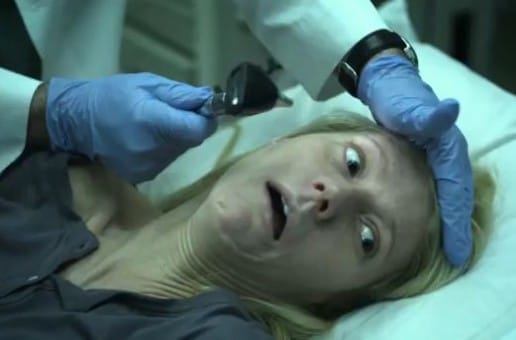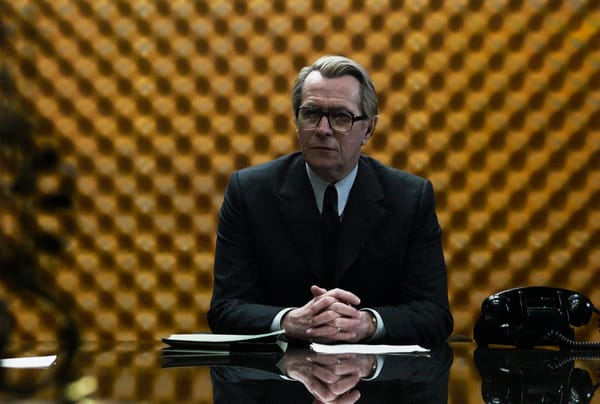Only three minutes of Gwyneth... the rest's OK
Henry Turner-Chambers finds an infectious afternoon's entertainment with Steven Soderbergh's Contagion

Contagion
Director Steven Soderbergh Screenwriter Scott Z. Burns Cast Matt Damon, Gwyneth Paltrow, Marion Cotillard, Kate Winslet, Jude Law, Laurence Fishburne
It’s rare for a disaster scenario to make for a decent film let alone a great one, so it is with a sense of relief that I report that Contagion rises above the majority of its siblings to provide an unusually subtle 106 minutes of entertainment.
Director Stephen Soderbergh adopts an almost documentary-style structure to his story of a new global pandemic of flu-like virus. The viewer follows the parallel stories of the husband (Matt Damon) of Patient Zero (Gwyneth Paltrow), an epidemiologist searching for the source of the outbreak in China (Marion Cotillard), a walking Julian Assange reference (Jude Law), and the team of scientists at the American Centre for Disease Control (Laurence Fishburne, Kate Winslet) trying to develop a vaccine. As these characters go about their struggles, society starts to buckle under the strain of the high death toll.
Paranoia is the theme and motif here – with a lot of lingering shots of door handles and drinking glasses that have been smeared with traces of infected bodily fluids. This is mildly unsettling, if a little obvious. More impressive is the handling of scenes of public disorder, which are given a lighter touch than in many a comparable apocalypse. The direction maintains pace well and the script, while not crackling with wit, is far from abysmal and creates a sense that these are real people.
These slick touches aside, the film has a number of flaws. This is not an actors’ movie in spite of its star-studded cast. Fishburne, Damon, Cotillard et al. all sacrifice depth of character to the overall structure and tone of the film. In particular, Soderbergh has no problem killing off big names. Paltrow dies within the first few minutes and the repeated video-tape flashbacks of the events leading up to her death seem to do nothing more than justify her wage for such a small role.
While all the major players are disciplined enough not to be bombastic or over-emphasise their presence, the lack of examination of their motivations and emotional response to the crisis is frustrating, particularly towards the end. We are not invited to sympathise with anyone to a significant degree, and are not expected to care overly when some of the plot-strands are left hanging because they no longer provided a platform for commentary on the wider scope of events. Soderbergh has not quite achieved his aim of making us forget that these characters are vehicles for the story, as opposed to the focus of it. But he does a significantly better job than the directors of similar films like The Day After Tomorrow or 2012.
Of course, there are only two possible outcomes: the world ends, or everything goes back to normal. In either case it can be tempting to ask the question “Well what was the point of that?” and Contagion is no exception. Ironically for what was intended to be a sort-of cautionary tale about disease and, to an extent, globalisation, I came away feeling distinctly reassured. The CDC react to the outbreak in a professional and efficient manner, without being so perfect as to make it appear a propaganda piece. It looks like this is about the worst such a situation could get, and I could imagine a lot worse.
In summary, Contagion is not going to move you to tears, nor yelps of laughter or fear. But for an afternoon of sharp and smart entertainment with a healthy respect for realism, you could do a lot worse.








